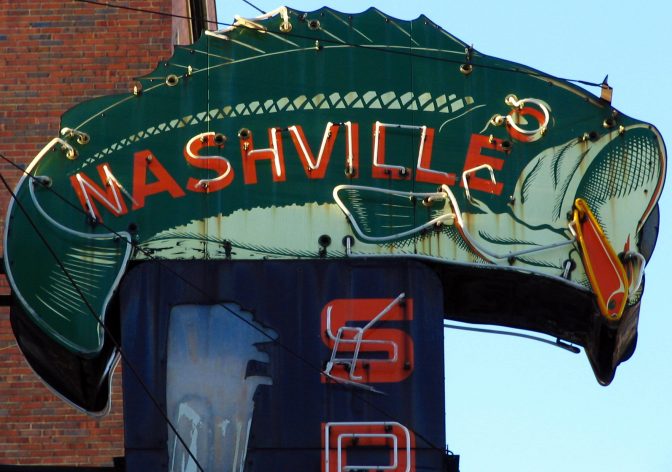Why the Nashville Decriminalization Measure Is Not Worth Celebrating

On Sept. 20, the Nashville Metro Council voted 35-3 to pass a marijuana decriminalization ordinance that reduces penalties for possession of a half-ounce of less to a $50 fine or 10 hours of community service. Mayor Megan Barry supports the measure and plans to sign it into law.
The story made national news, in part because decriminalization in a conservative part of the country shows marijuana’s growing mainstream acceptance.
As The New York Times put it: “Residents often refer to [Nashville] as the Buckle of the Bible Belt… the great promulgator of heartland values in song, and home to the conservative Southern Baptist Convention.”
Sounds great right? Well, not so fast. Under Tennessee state law, possession of any amount less than half an ounce is a Class A misdemeanor. The ordinance passed by the Metro Council states: “Law enforcement should be afforded the discretion to determine whether criminal penalties and criminal records are disproportionate to the severity of the offense; and… civil penalties and community service may be commensurate with the offense of possession of one-half ounce or less of marijuana.”
Under this law, law enforcement still has the “discretion” to decide whether someone should face criminal or civil penalties for possession. What could go wrong with that?
As anyone who follows drug policy reform knows, despite the fact that blacks and whites consume cannabis at roughly the same rates, black people are nearly four times more likely to get arrested for cannabis—based on FBI and census data.
This enforcement disparity happens without giving police officers “discretion” to decide who deserves to go to jail over pot. According to a 2009 report on marijuana arrests in Tennessee: “Marijuana arrests have a disproportionate impact on two demographic groups—young people and minorities.”
It turns out, the original language of the ordinance would have completely decriminalized possession by making the civil penalty automatic. But after law enforcement opposition, the language was revised to give police the criminal penalty option. After this change was made, Nashville PD changed their position on the measure from “opposed” to “neutral.”
Councilman Dave Rosenberg, who sponsored the legislation, told Broadly that he welcomed the change: “I had a concern, which was a little bit different than [the police department’s], with the ‘shall’ language… I was concerned that regardless of the language of the bill [the police] would be able to enforce the state law, and then, on top of the criminal state law penalties, the officers would be required to issue a citation, and it would just make things worse.”
Rosenberg also said that the police go through bias training, and he thinks “they’ll be even-handed with this, but we’ll certainly keep an eye on the numbers.”
If you enjoyed this Freedom Leaf article, consider subscribing today!

